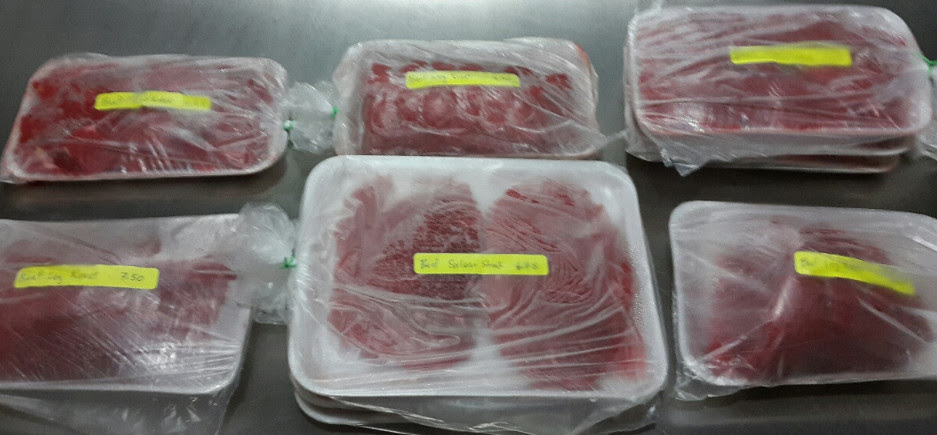 Most milk in the Sierra of Ecuador is produced on small, independent farms that sell their milk to truck drivers that take the milk to processors that package milk and make cheese and other milk products. Some trucks rather than taking the milk to processors, have a route to sell the milk to families door to door. The problem with this set-up is that it is susceptible to cheating. If the farmer has a sick animal, he will sell his milk anyway. If he wants to make a little extra money, he adds water to the milk. If the truck driver wants to make some extra money, he can skim some of the cream off the milk and sell it separately and sell his milk as if it were full fat milk. In truth, picking up milk from multiple farmers has the inherent risk that one of the pick-ups might contaminate the whole batch. And, of course, there is the question of what happens to the milk that was not sold the previous day? And although there are some tests and protections built into the system, do you feel comfortable buying milk this way?
Most milk in the Sierra of Ecuador is produced on small, independent farms that sell their milk to truck drivers that take the milk to processors that package milk and make cheese and other milk products. Some trucks rather than taking the milk to processors, have a route to sell the milk to families door to door. The problem with this set-up is that it is susceptible to cheating. If the farmer has a sick animal, he will sell his milk anyway. If he wants to make a little extra money, he adds water to the milk. If the truck driver wants to make some extra money, he can skim some of the cream off the milk and sell it separately and sell his milk as if it were full fat milk. In truth, picking up milk from multiple farmers has the inherent risk that one of the pick-ups might contaminate the whole batch. And, of course, there is the question of what happens to the milk that was not sold the previous day? And although there are some tests and protections built into the system, do you feel comfortable buying milk this way?
From the consumer point of view, almost all of the milk sold in stores is ultra pasteurized and most of the consumers we talk with don't like ultra pasteurized milk. But, if consumers are looking for raw milk and products made from raw milk, they may end up with tainted, watery or low fat milk.
At GRAN ROCA our milk comes only from our milk cows, mostly Brown Swiss and Jerseys, and nothing is added to the milk and nothing is taken away. Our GringoPost Award winning Raw Milk is full fat and delicious. Our animals are milked in the morning and the milk is bottled and sold that day. We process the unsold milk that same day and make Artisan Mozzarella and Ricotta Cheese and GringoPost Award winning Greek Yogurt. We plan to expand our milk product offerings in the future.

